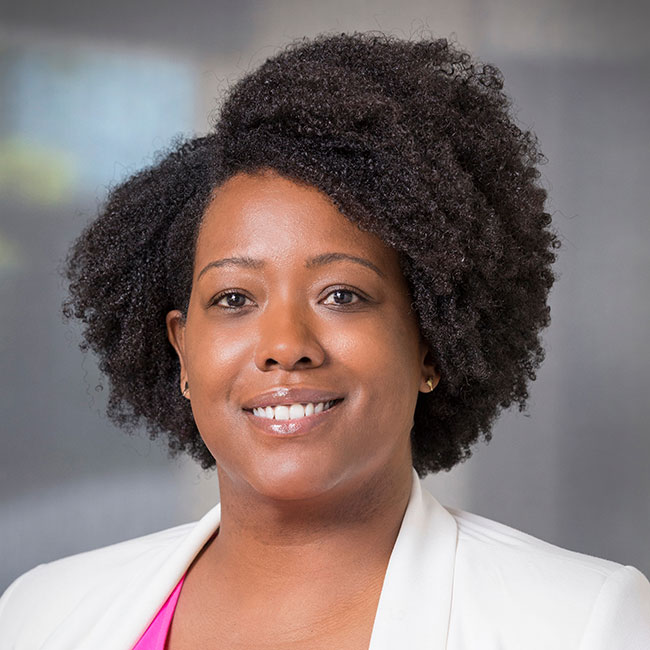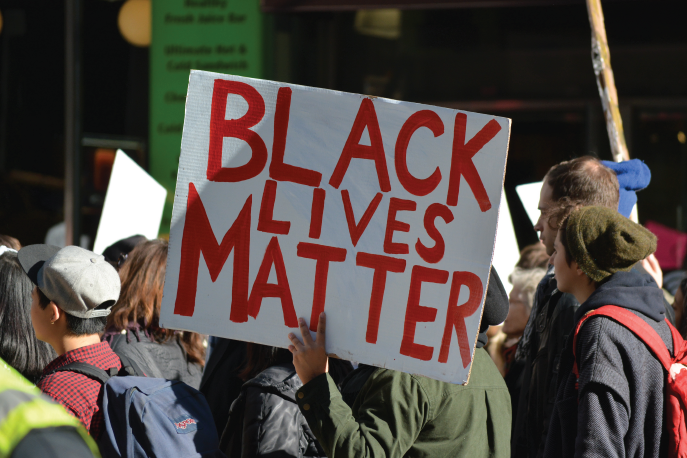An Open Letter from Ebony Tucker

Hello readers – many Americans will soon be gathering – either virtually or in person – with family and friends to celebrate the Fourth of July. Independence Day is a great time to check in with loved ones, but it’s also an important moment to consider our country’s ideals and whether we’re living up to them, especially as it relates to racial equality.
As a Black woman, I often find it difficult to identify with and celebrate the Fourth. Though July 4, 1776, is the date that America celebrates independence, we were not all free. Black Americans would remain enslaved for nearly another century. To me, the holiday serves as a symbol of an unfulfilled promise – a reminder of our country’s founding on the system of slavery and that true freedom and equality for Black people remain out of reach.
But amid recent protests against racialized police brutality, increasing numbers of white Americans have stepped forward to actively support racial equality and protest alongside Black people and other people of color. For white people who want to support the end of systemic racism in our country, the Fourth is not just a time to connect with friends and family, but also an opportunity to have conversations with your family, friends, and those in your network who might not be as familiar with or supportive of the Black Lives Matter movement and other efforts to bring about racial equality.
To have these conversations, you must educate yourself. Though you may have learned a lot from Black leaders and protesters, it is not the responsibility of Black people in your life to educate you about the effects of oppression. There are a lot of great resources already available; make use of them!
Now is not the time to forget the experiences you’ve had as an ally.
The protests aren’t over and the work isn’t done. Be a passionate supporter of the Black Lives Matter movement at home with your family as you have been in protests and on social media.
Fundamentally, an ally should never let racist comments go unchallenged. It can be hard to point friends and family to their blind spots, but it’s critical to the effort to turn America into the racially equal country we should all want it to be. Whether at your dinner table, on your front porch, or via Zoom, these conversations can be meaningful and necessary if you’re willing to have them.
Thanks for reading! Check back in August for my next open letter.

